Welcome Don. Please tell us how did the idea for Rockin Through Troubled Waters start and how long did the book take to be completed?
When the Volcano was erupting in Hawaii, I went to help my daughter’s family prepare to evacuate. She lived 20 miles north of the lava flow and we had no power, no cell phone, etc. For three day. I started telling her stories of my UCLA days and she said I should write about it. I started it last April and it has taken a year and numerous re-writes to complete.
What are some of the hiccups along the way and how did you overcome them?
The first draft was too much about the music celebrities I met and not enough about me. As I did the rewrites, I tried to get more of a rhythm to the stories and make them more accessible to a non-music reader. Gramercy software helped correct a lot of little errors in my writing as I tried to tie in all the events that happened during this time period.
Did you try to get a traditional publishing contract?
Yes, I had a friend at Penguin/Random House who read the first draft and told me memoirs that are not written by a celebrity or a hero from front page news are not salable but suggested I add more pictures to make the story better. I temporarily hired a literary agent/story editor but he made it very difficult and he said it would take two years with numerous rejections before I could get the book published. I fired him and decided to self-publish the book.
When you decide to self-publish, you were intimidated in any way?
I was not so much intimidated but I was frustrated trying to format the text so it could be read on a Kindle or a traditional paperback. Elizabeth Klug and you really helped me get over this hurdle Also, I was trying to get clearance on a lot of the 41 pictures in the book. Many of the photographers are either retired, deceased or unreachable so it took six months to get approval on some of the images used in the final version. When Amazon approved the final version, it
was a great feeling.
How did Christopher Lynch’s self-publishing seminar help you?
My friend, Heidi Swan, told me about the class so I signed up and took it last spring at the Redondo Beach Library. I learned a lot – how to use word docs and how to make a story compelling to a reader. How to find an editor and how to submit to a publisher. Whenever I had a question, I felt Christopher Lynch knew the answer. I found his information and sage advice helped me to
get this book done and without him, I would have never been able to finish it.
How do you feel now that you have the self-published book on Amazon?
It’s still too early to tell, but I recently spoke to a group of 114 people about the book and I had 21 readers purchase the book. It's also selling well on Amazon.
What do you plan next?
I am doing a few book signing parties in my local area and plan to try to find a distributor at the Festival of Books next week that will handle a self-published novel.
Thanks for stopping by Don. we're looking forward to hearing what come next.
You can check out a video of Don's book, Rockin Through Troubled Waters, here.
And you can purchase a copy by clicking on the image above, or by clicking here.
Don can be reached through his website: rockinthroughtroubledwaters.com
or on Facebook Don Jung
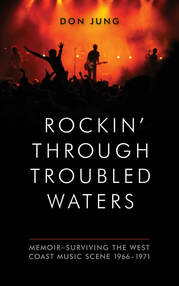
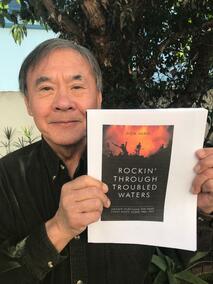
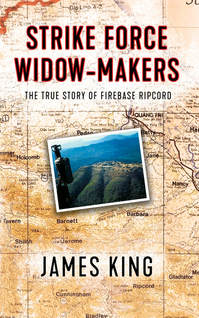
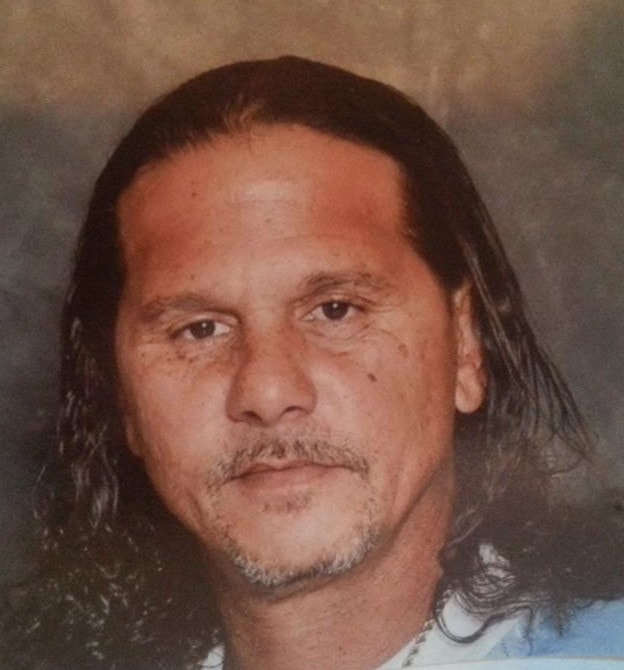
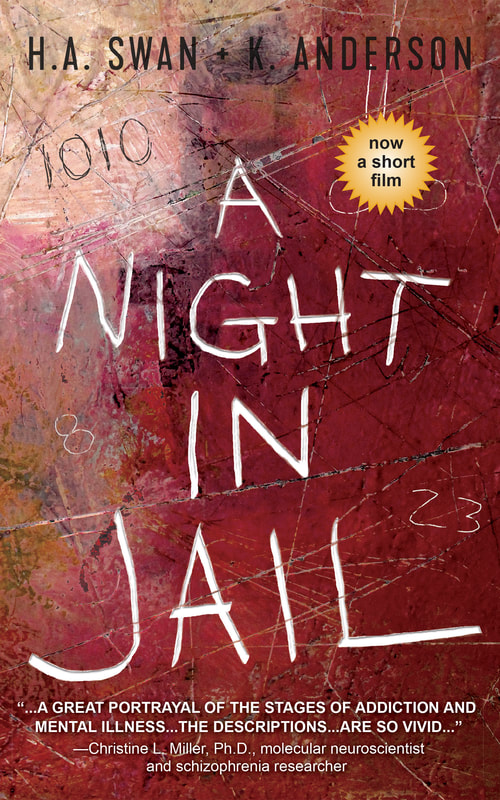
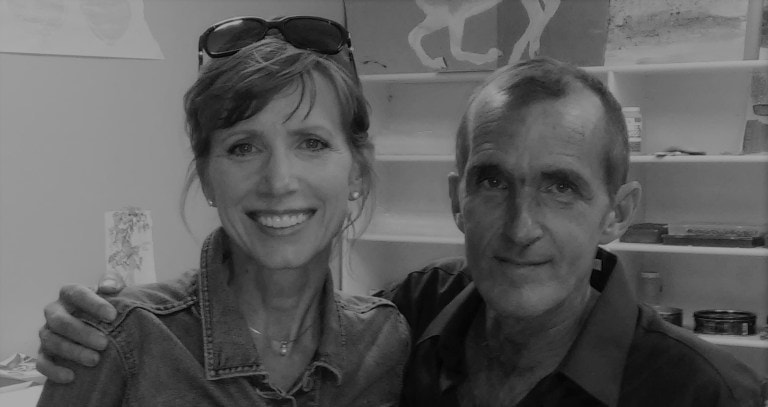
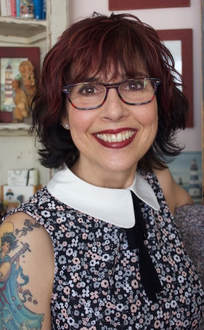
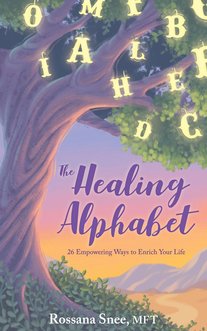
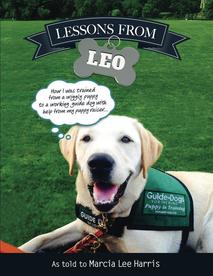
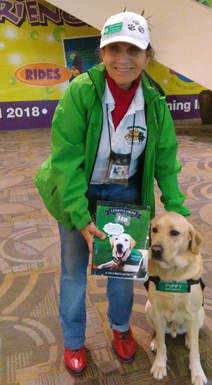
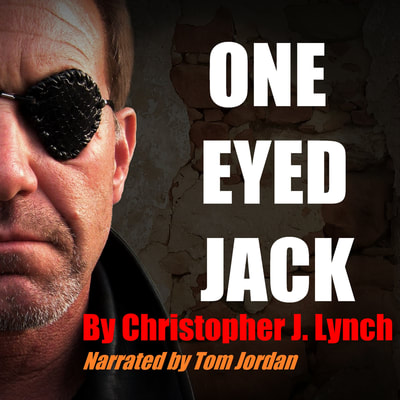
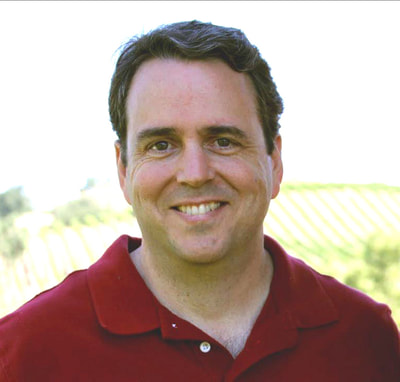
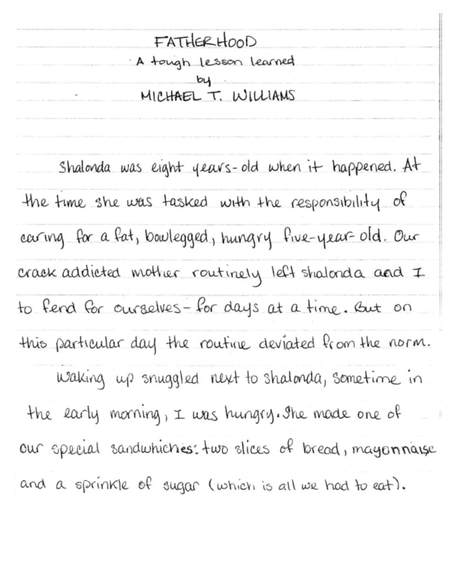
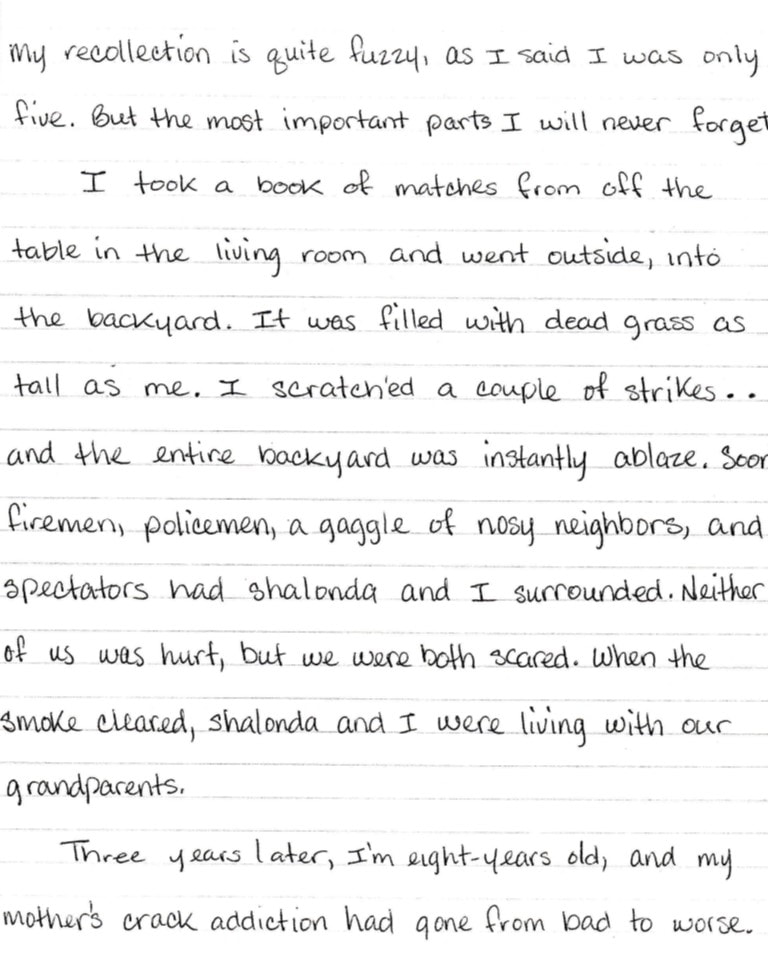
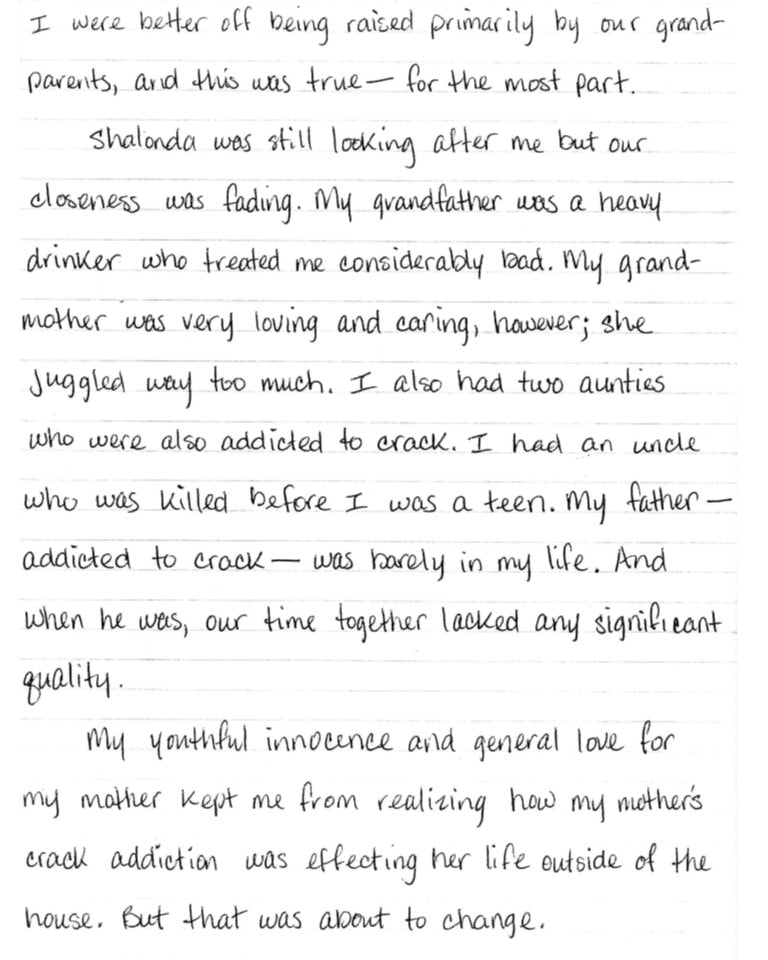
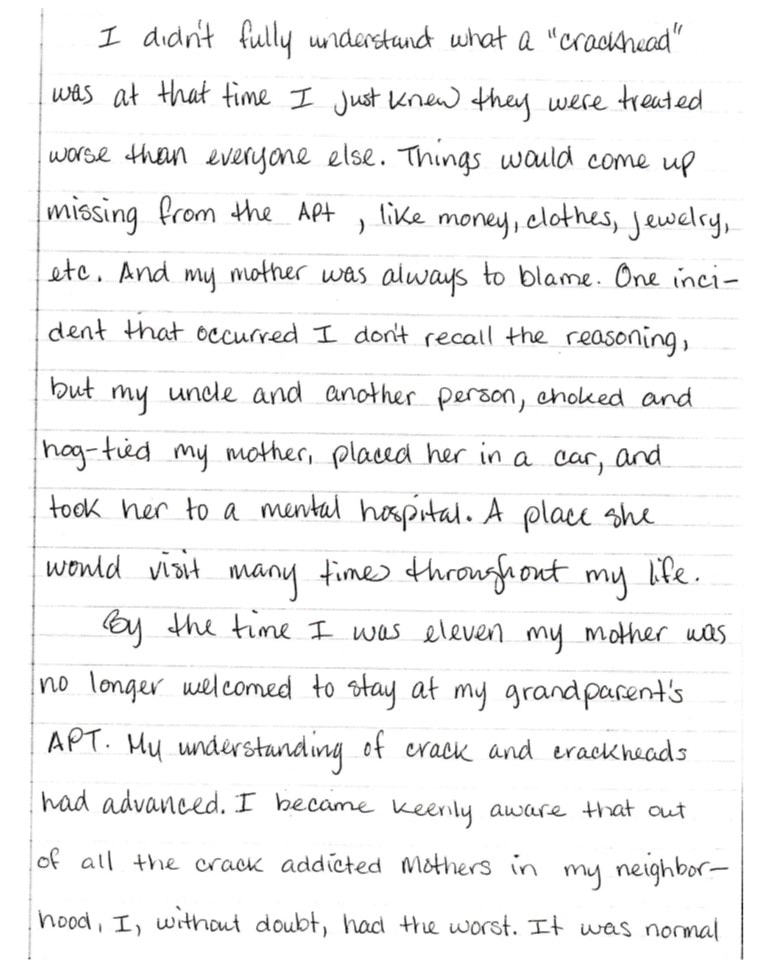
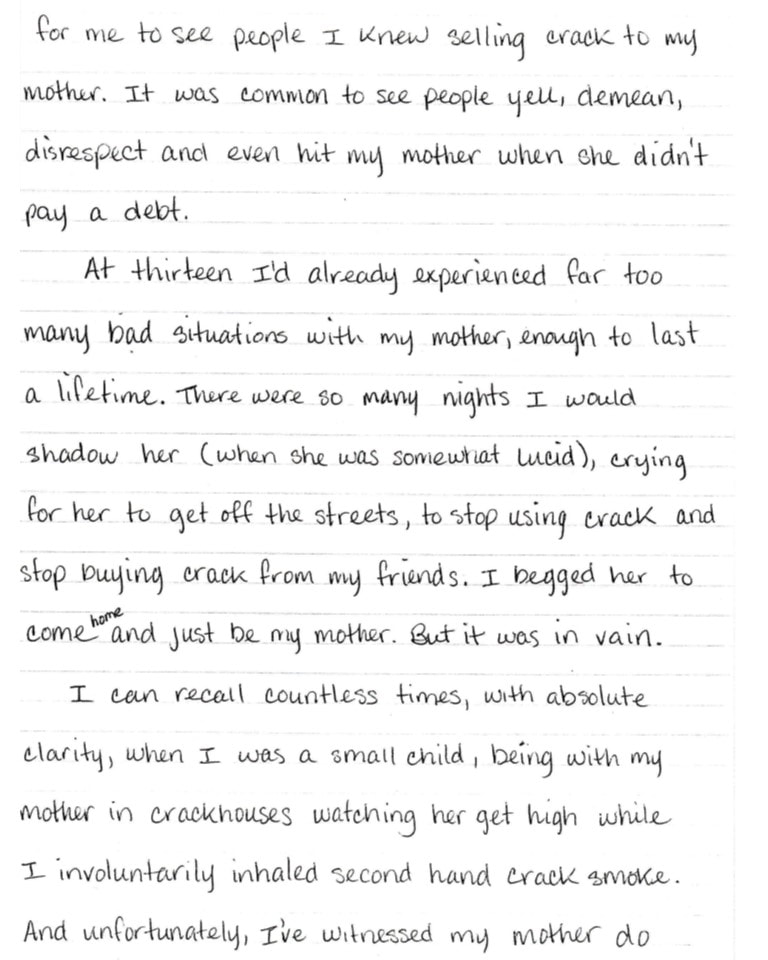
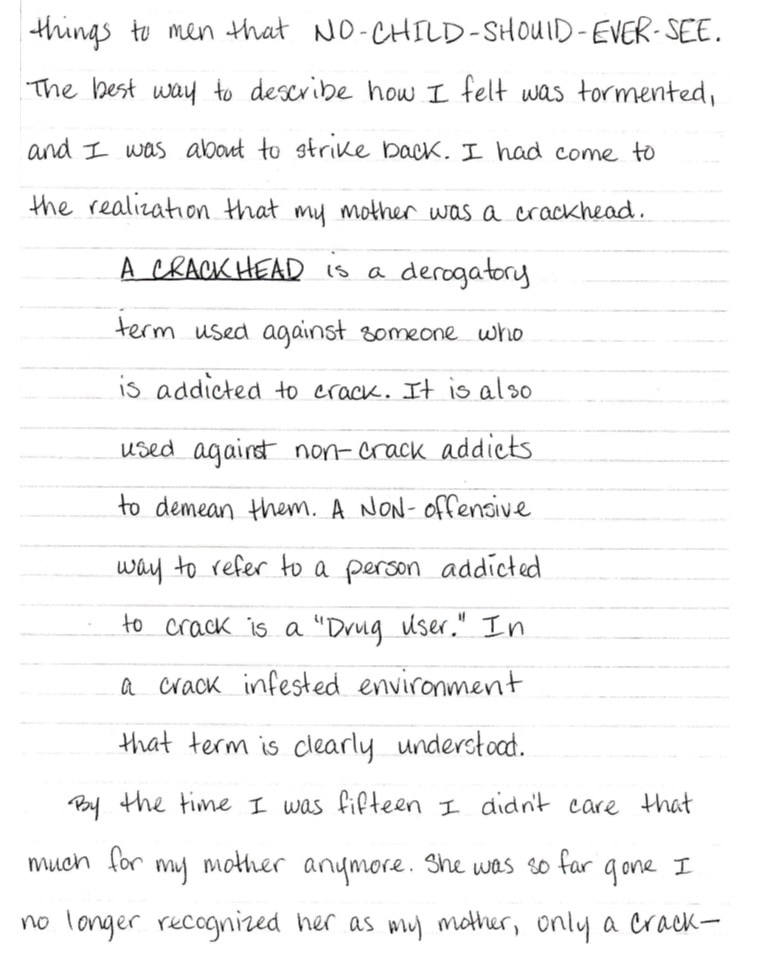
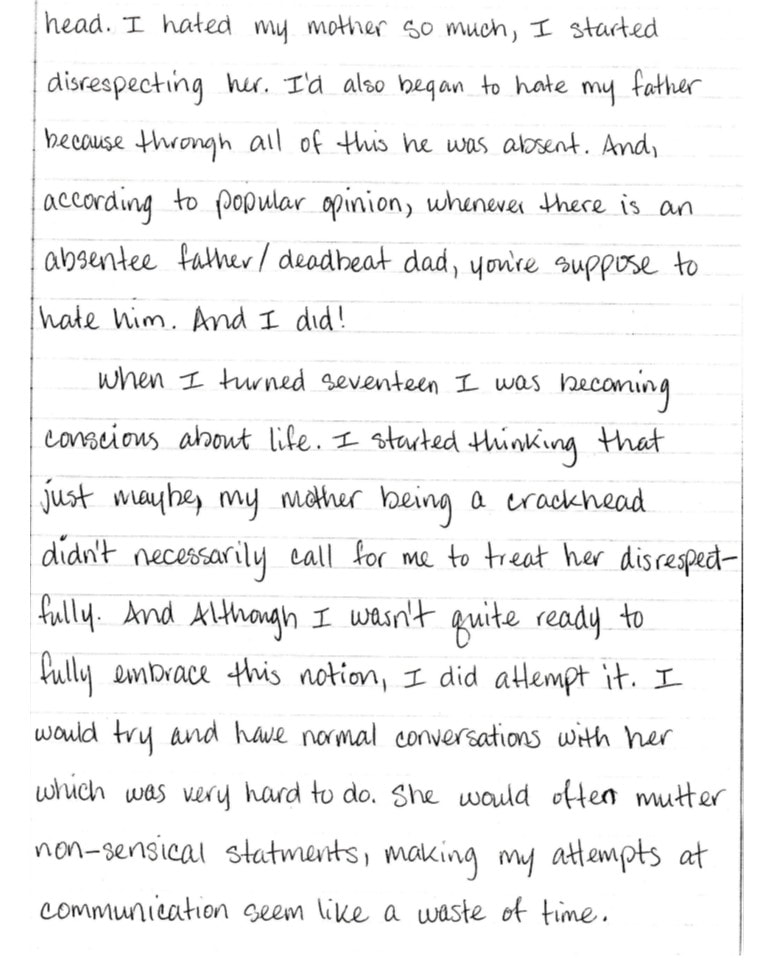
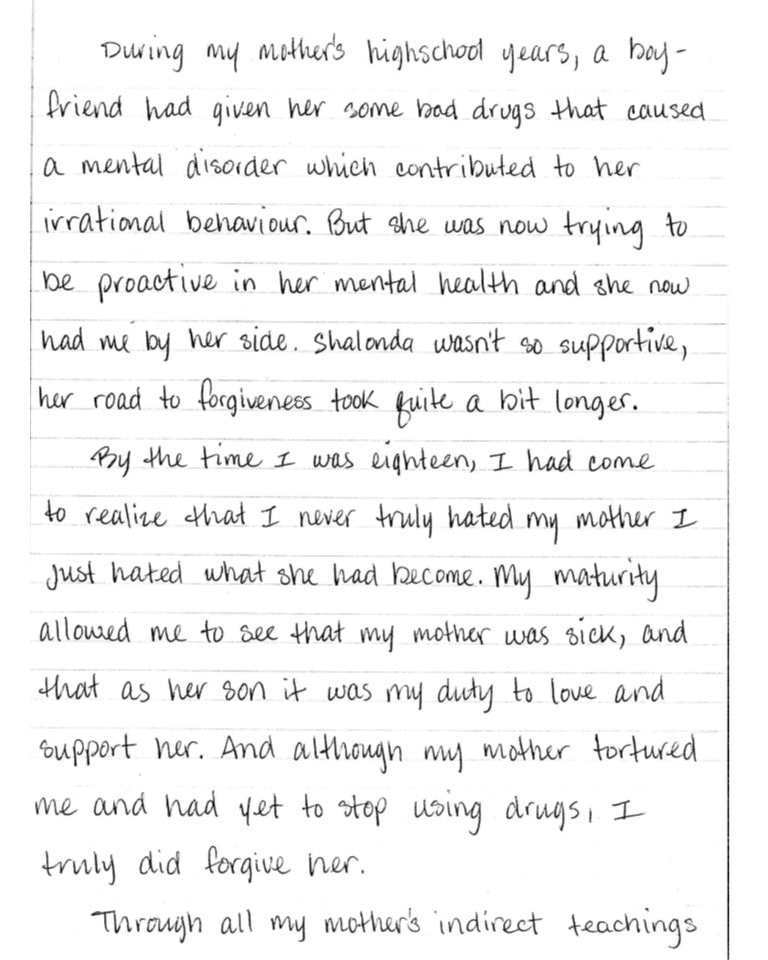
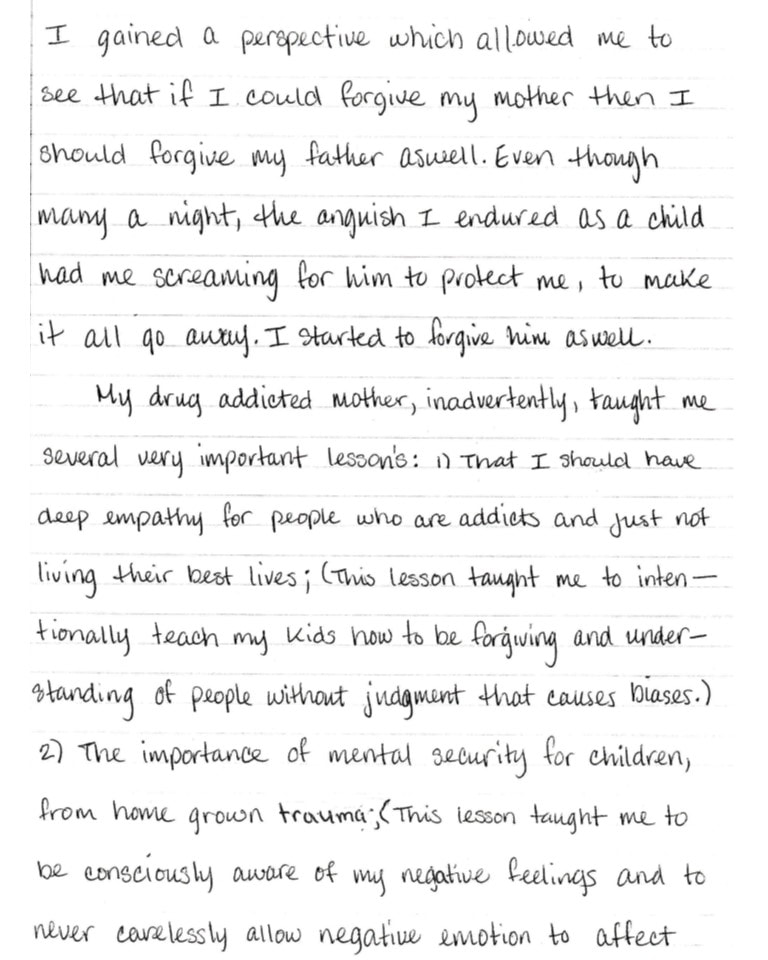
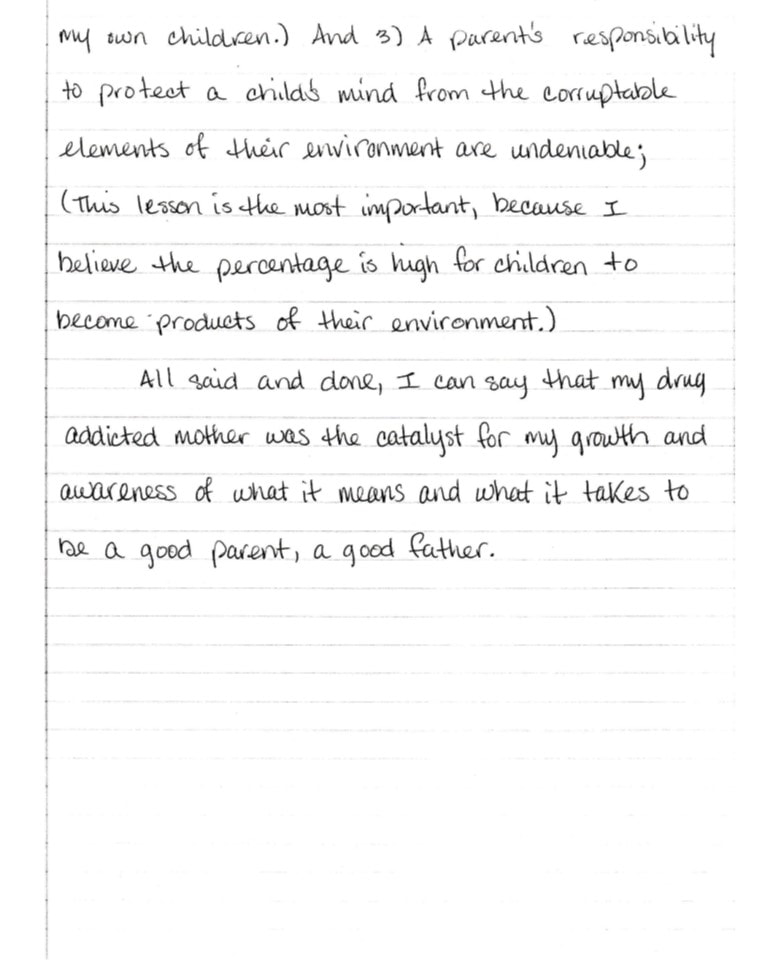
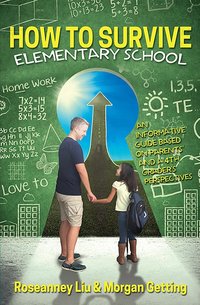
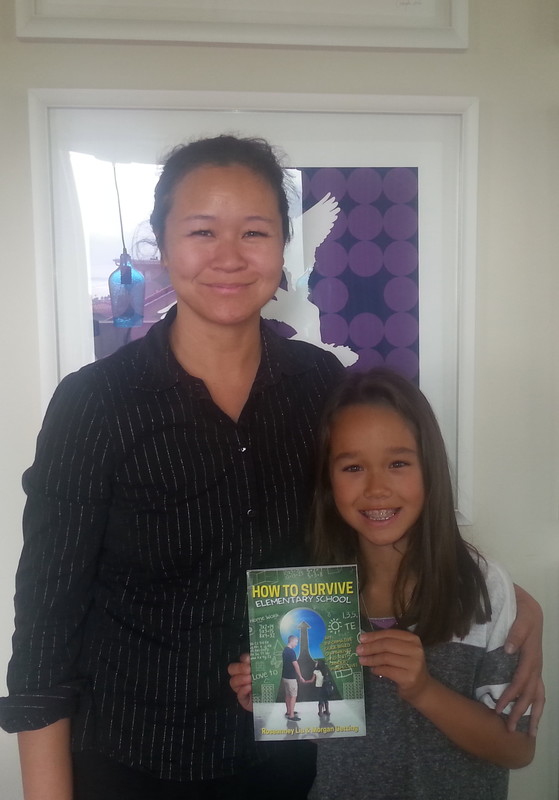
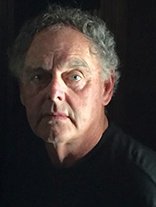
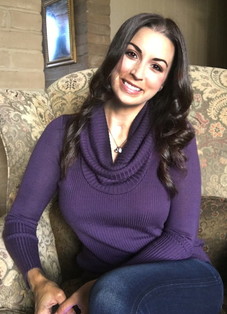
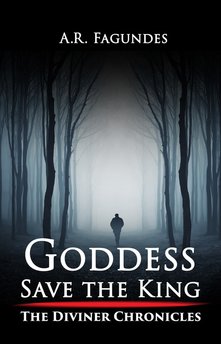
 RSS Feed
RSS Feed
